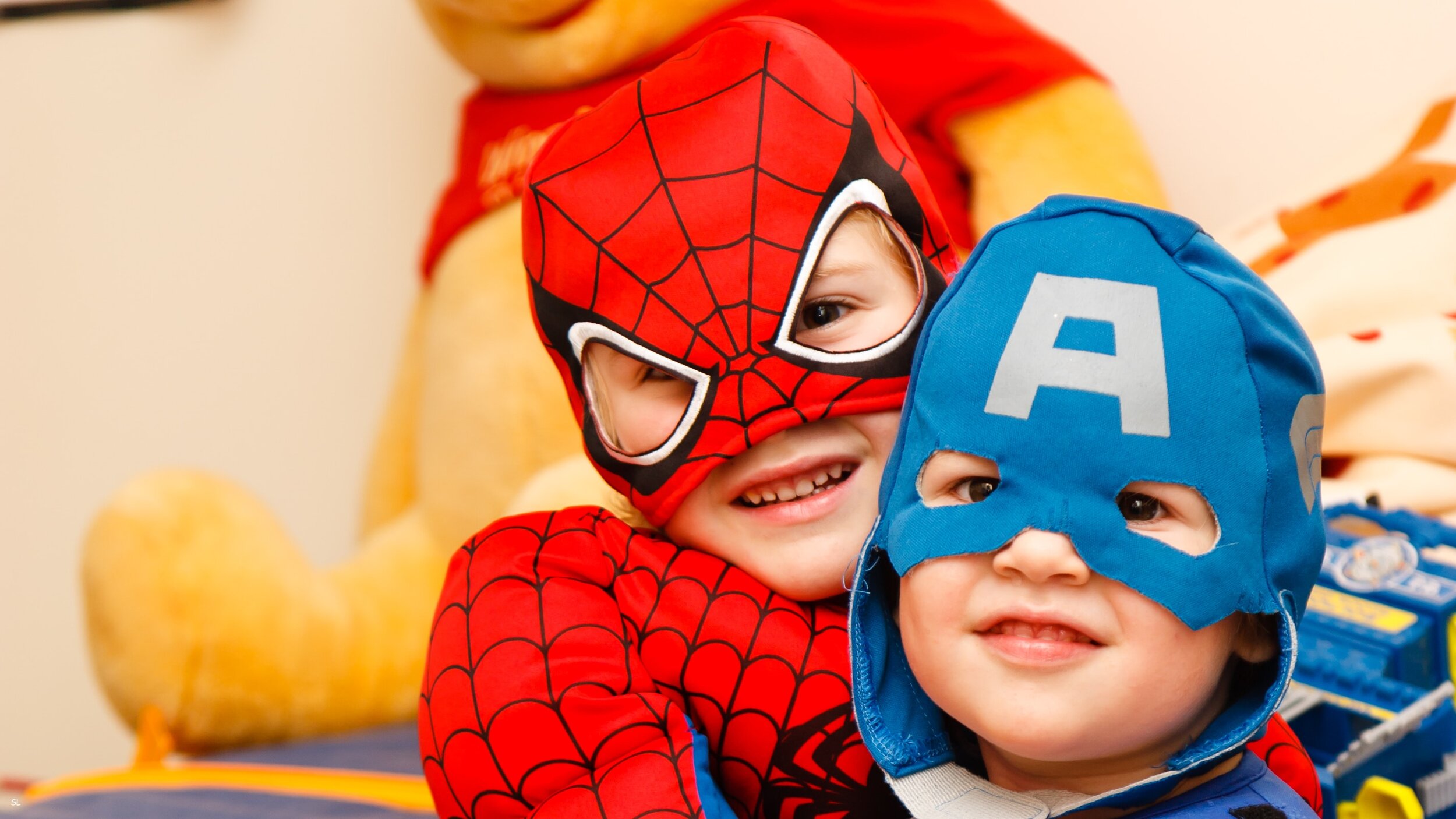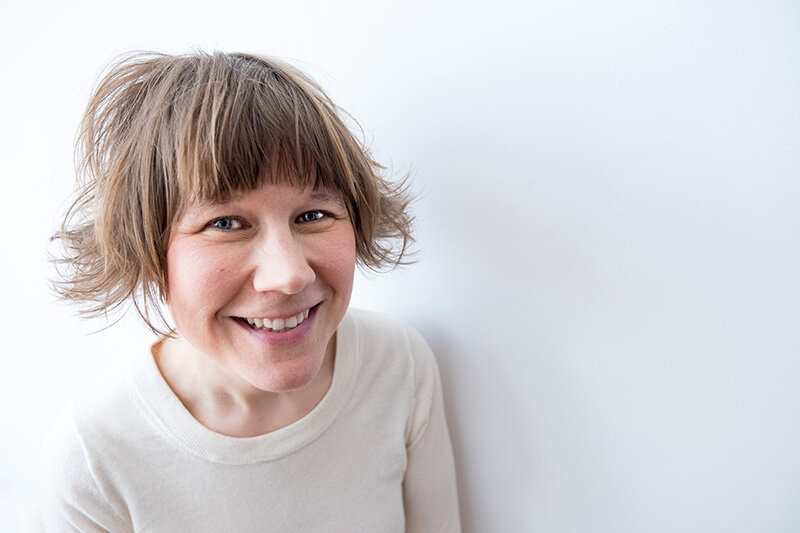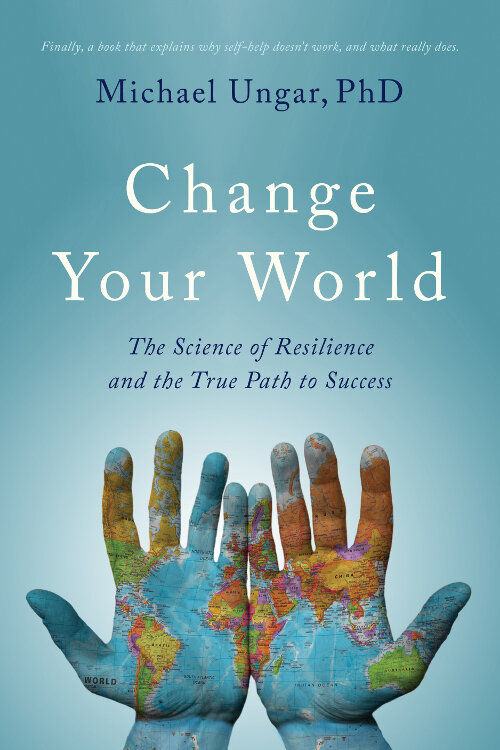Parents, teachers, and other caring adults have an important role to play in helping children to acquire friendship skills. In her most recent column for CBC Radio, weekend parenting columnist Ann Douglas spoke to parent Amanda DeGrace about ways to help kids to master the art of being a friend.
Photo by Steven Libralon on Unsplash.
Friendship skills don’t necessarily come easily or happen naturally for every child. Odds are you know at least one child who is much more of a “social caterpillar” than a “social butterfly.” The good news is that parents, teachers, and other caring adults have an important role to play when it comes to helping kids to make sense of the unwritten rules of friendship. Here’s what you can do to encourage that all-important learning.
Ensure that kids have plenty of opportunities to work on their friendship skills.
The best way to help kids to understand what it means to be a friend is by giving them plenty of opportunities to practice those skills. That means ensuring that they have plenty of opportunity to play with other kids, starting when they’re still really little. Of course, play dates don’t just happen. Someone has to make them happen. And more often than not, that “someone” is mom or dad!
The good news is that eventually, parents are able to take a bit of a step back when it comes to orchestrating these kinds of play opportunities. This is something I was speaking with Amanda DeGrace about during a recent interview for CBC Radio. She’s the mother of three children, ages 4, 7, and 9, and she told me that she likes to encourage her children to take the lead when it comes to making weekend plans with their friends. She then supports those efforts by providing logistical support in the form of transportation — a necessity, given that her family lives out in the country. Yes, it can be a lot of work, but, it’s definitely worth the effort. She wants her children to have the chance to play with their friends and to work on their friendship skills.
Help kids to understand that it’s normal for friendships to hit road bumps from time to time.
Kids need to know that these friendship road bumps are inevitable. It’s not a case of if they’re going to happen but when they’re going to happen. Human beings make mistakes! We’re going to say and do things we regret from time to time. We don’t have to be perfect and neither do our friends, but we do have to be willing to do the hard work of repairing the relationship when something goes wrong.
One of the ways you can support kids through the process of dealing with one of these friendship road bumps is by helping them to figure out what went wrong and what it’s going to take to get the relationship back on track. Your child might find it helpful to role play some friendship repair scenarios with you. They could practice talking with a friend about what happened, expressing regret for their own actions, and coming up with a game plan for handling things a little differently next time.
The benefits of supporting a child’s social-emotional learning in this way can be huge. Instead of feeling like they should give up on a friendship the first time they encounter one of these friendship road bumps, they will be more inclined to think about what went wrong and to look for an opportunity to repair the relationship. And they won’t be looking to you to rush in and fix things: they’ll feel confident in their own ability to get the relationship back on track. That’s huge!
Resist the temptation to try to handpick your child’s friends.
Sometimes your child decides to strike up a friendship with a child you really dislike. In this situation, it can be helpful to take a step back to try to get a handle on what’s actually going on. Is this simply a matter of your child’s friend rubbing you the wrong way or is there actually cause for concern when it comes to this friendship? This is something else I was speaking with Amanda DeGrace about during our recent conversation for CBC Radio. She told me that, in situations like this, she likes to ask herself a few key questions: “Is the friendship mutually beneficial?” “Are the children showing empathy toward each other?” “Are they demonstrating kindness?”
In this case, acceptance is key: acceptance of this other child and acceptance of your own child’s right to make her own friendship choices. Sure, if your child’s friend is consistently domineering or deliberately unkind, obviously you’ll want to raise your concerns with your child. But be aware that you’re walking a bit of a fine line. If you criticize this friend in a way that seems harsh and unfair to your child, you risk having your child rush to the friend’s defence — and that might only serve to cement the bonds of friendship! Likewise, trying to forbid your child from being friends with this child may only serve to drive the friendship underground. All that said, sometimes you have to intervene because this friendship is causing real harm to your child. But more often than not, you simply find yourself taking a step back, and keeping your fingers crossed that maybe, just maybe, the friendship will eventually run its course.
Ensure that kids get the message that it’s okay to walk away from a really bad friendship.
Not all friendships can be saved nor is every friendship even worth saving. When this kind of situation arises, it’s really important to validate your child’s decision to end an unhealthy relationship. Maybe this wasn’t the first time this friend lashed out in a really hurtful way. Maybe trust has been destroyed and there simply isn’t a way to come back from that kind of betrayal. Your child needs to know that it’s okay to walk away from a really bad friendship. In fact, it’s more than okay. It’s essential.
Accept the fact that friendship skills can be tougher for some kids to master than others, but hold on to hope that this will happen eventually for most kids.
It does take some children a little longer than others to master friendship skills — and that’s okay. Childhood doesn’t have to be a race! I’m thinking of kids who are anxious or impulsive or maybe a bit more aggressive than their peers; or who are simply not quite as socially savvy as other kids. Not every child understands intuitively what it means to have or be a friend. They may need a little extra help from a parents, teachers, and other experts in order to understand how to fit the various pieces in the friendship puzzle together.
The good news is that many kids who start out with a significant social skills deficit do end up mastering the art of being a friend. It may not happen easily. It may not happen overnight. But it can and does happen. That social caterpillar may yet become a social butterfly.
This blog post was based was based on my most recent weekend parenting column for CBC Radio.
Ann Douglas is the author of numerous books about pregnancy and parenting including, most recently, Happy Parents, Happy Kids and Parenting Through the Storm. She is also the weekend parenting columnist for CBC Radio.





